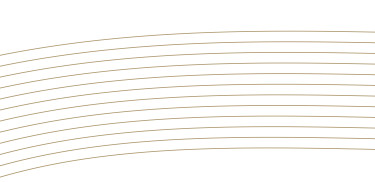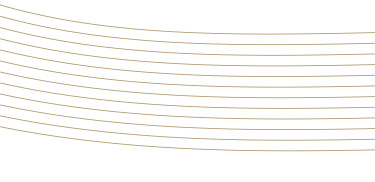1Introductory: Olympism, a story of the world
The ambition of this exhibition is to tell an alternative history of the world, viewed through the saga of the Summer Olympic Games, from the ones held in Athens in 1896 to the Paris Olympic and Paralympic Games in 2024. For 130 years, the Olympic Games have acted like an echo chamber for all the combats, dreams and political conflicts on which relationships between nations are founded. Major antagonisms and geopolitical upheavals find a particular echo here, such as issues related to movements and migrations and links between individual people and their countries. Social, feminist, anti-racist and anti-colonial movements regularly made an appearance. The emergence of forms of nationalism at the start of the 20th century, then the Cold War, as well as the struggle against apartheid, or more recently health or climate crises are part of the story of the Olympic Games.

Collectives or communities also adopt the Olympic model to claim their rights. Long excluded from some of the events, women seized them to confirm their status as athletes in their own right. In parallel, the Paralympic movement, initially conceived to repair bodies, now offers visibility to high level athletes.
Olympism is also an individual affair. Each athlete bears, sometimes despite him or herself, the hopes of a young nation or the symbols of a dictatorship, the struggles of discriminated peoples and minorities. Each city that hosts the Olympic Games, the sporting event with the most media attention, becomes the temporary epicentre of the world. Organising them is now accompanied by intense social, ethical, political, economic and environmental debate. Following the chronology of the modern Olympics from 1896 to 2024, their geography tightly wends its way around Europe, North America and East Asia, touches on South America and Oceania, and continues to circle Africa. The wealth of works, objects and documents gathered together for the first time in France at Palais de la Porte Dorée invites us to read this story in the present tense. The public is invited to look upon this world story differently, just as France hosts the summer Olympic Games and Paralympic Games for the third time in 2024.
Exhibition curators
- Nicolas Bancel
Historian (Université de Lausanne) - Pascal Blanchard
Historian (Université de Lausanne) - Yvan Gastaut
Historian (Université de Nice Sophia Antipolis) - Sébastien Gökalp
Senior curator (directeur du Musée de Grenoble) - Élisabeth Jolys-Shimells
Senior curator, head of collections at the Musée national de l'histoire de l'immigration (Paris) - Sandrine Lemaire
Historian (CPGE Lycée Jean Jaurès de Reims) - Stéphane Mourlane
Historian (Aix-Marseille Université)







